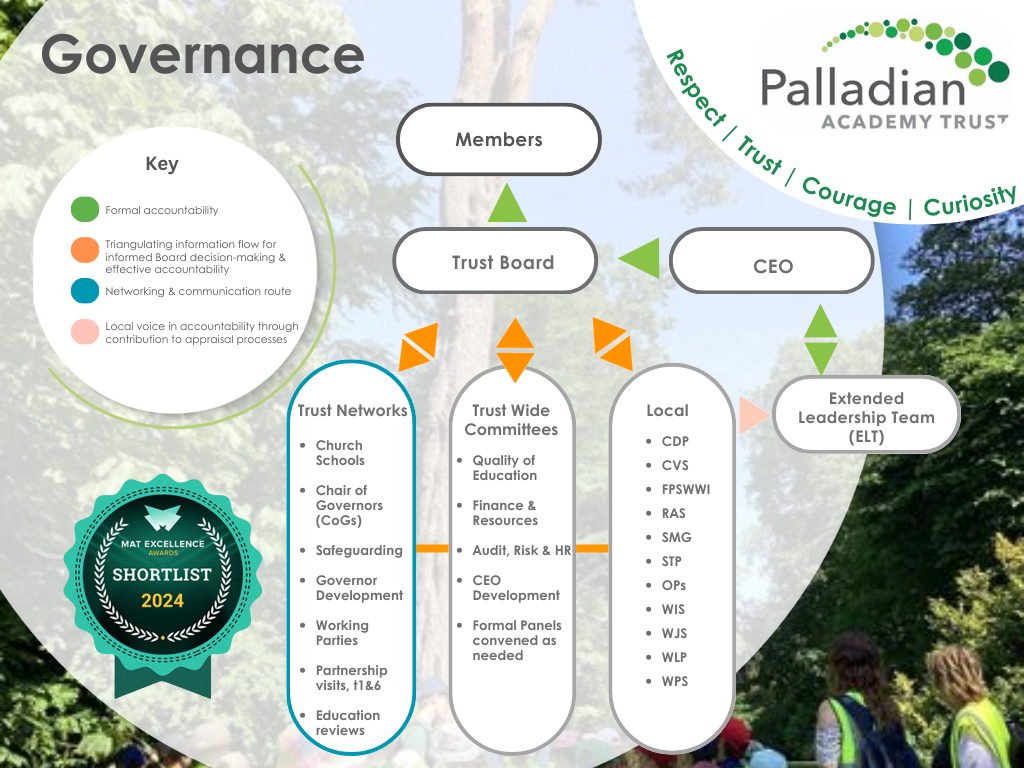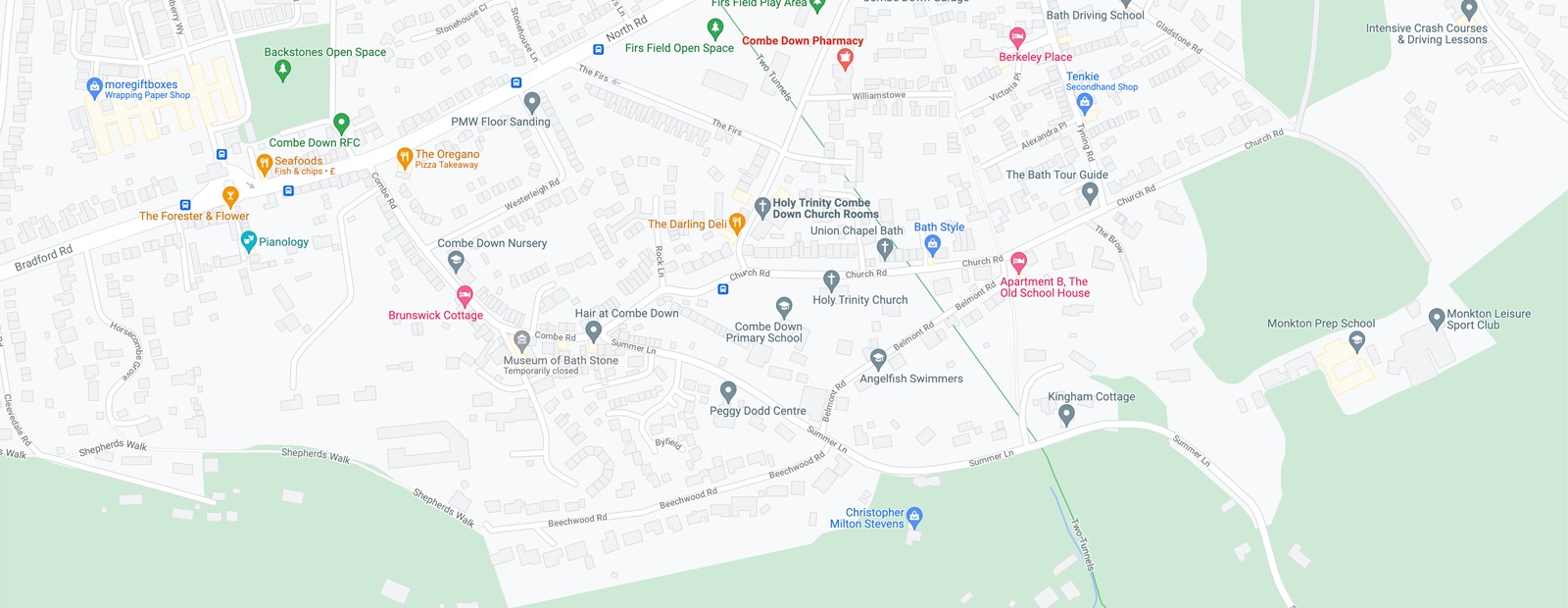News
Published on 02/01/26

We are proud to work with a motivated and skilled non-executive of over 100 volunteers to ensure our Trust is well-governed and focused on the key priorities that will make a difference for our children. The non-executive are supported by an experienced team of governance professionals who advise them in their role and in evidencing the difference they make.

The Members are the guardians of the governance of the Trust. They appoint the majority of Trustees and receive the annual accounts and other assurances that the governance of the Trust is effective.
Richard Bullard (Foundation Member appointed by Salisbury Diocese with the agreement of Bath and Wells)
Russell Franks
Suzanne McDonald, Corporate Member for Diocese of Bath and Wells
Dan Roberts, Corporate Member for Diocese of Salisbury
Ruth Balch
Our volunteer board of trustees manages the business of the academy trust. They act as Directors in terms of Company Law, Trustees in terms of Charity Law and Governors in terms of Education Legislation. As a mixed MAT, the Trust Board lead on the responsibilities to maintain the Christian Distinctiveness of our church schools in line with the SIAMs framework and to preserve the non-religious nature of our community schools.
In trusts, the purpose of governance is to provide:
The board has collective accountability and strategic responsibility for the trust. It has a focus on ensuring the trust delivers an excellent education to pupils while maintaining effective financial management and must ensure compliance with:
The board also has:
Biographies of our Trustees can be viewed:
The Board can convene committees to support its work as it sees fit:
These sub-committees of the Trust Board scrutinise in greater detail key areas of the organisation: Finance and Resources, Audit, Risk and HR and Quality of Education, and hold the Central Team executive to account for actions taken to ensure the smooth running of the organisation and that the support given to school is effective.
The full detail of our non-exec membership and the scheme of delegation can be found in the governance section on the Key information Page. A diagram of the structure can be seen in the image below.
Local Governance Committees (LGCs) are also sub-committees of the Trust Board and have delegated responsibilities to ensure and assure that actions taken by the school means that safeguarding is effective, a well-delivered, inclusive, broad and balanced curriculum is leading to the best possible outcomes for all children and that the school is engaged with its wider community and the views of stakeholders are taken into account.
Chairs of Governors:
Visit school websites via our schools for information about individual Local Governance Committees.
If you have queries about our Trust Governance please email Binky Clark, our Governance Lead:


Update your browser to view this website correctly. Update my browser now